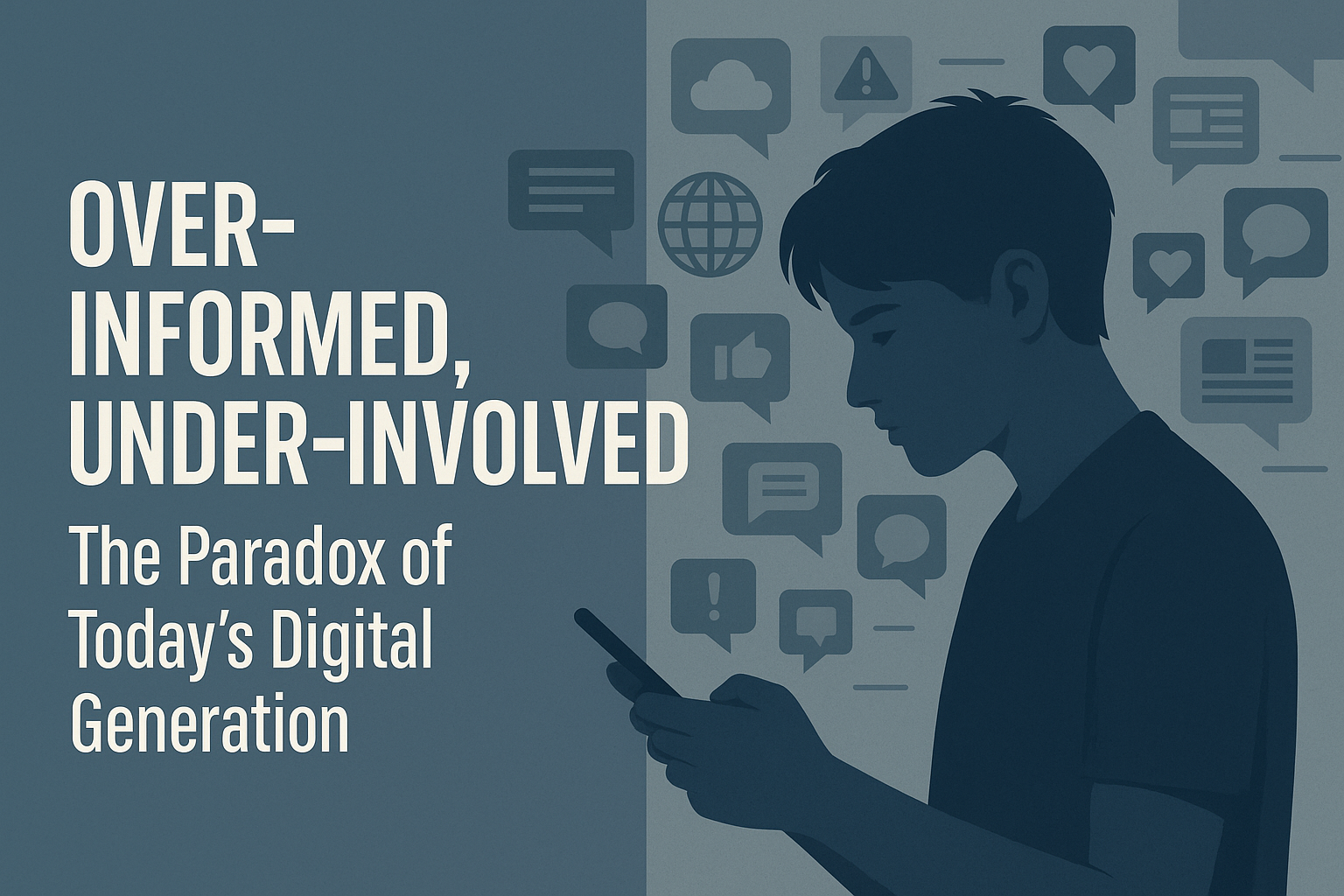About Us
A platform created to highlight youth voices, share meaningful perspectives, and spark change through honest stories—one thought, one voice, one impact at a time.
globalvoiceforeducation@gmail.com
![]() Simran ChauhanSOCIAL & GLOBAL ISSUES10 months ago0.9K Views
Simran ChauhanSOCIAL & GLOBAL ISSUES10 months ago0.9K Views

Across the globe, millions of girls are still denied the basic right to education. Whether due to cultural norms, poverty, early marriages, or systemic discrimination, gender inequality in education continues to limit opportunities for women and girls. But education doesn’t just benefit the individual—it transforms entire communities and economies.
According to UNESCO, 129 million girls worldwide are out of school, including 32 million of primary school age and 97 million of secondary school age. In many low-income countries, girls are far less likely than boys to complete even basic education.
Factors contributing to the gender gap include:
When girls receive quality education:
From Malala Yousafzai’s fearless fight in Pakistan to grassroots initiatives in Kenya where girls learn coding in slums, there are countless stories of young women rising despite the odds.
“I want every girl to know that her voice can change the world.” — Malala Yousafzai
Programs like “Educate Girls” in India and UNESCO’s “Gender Equality in Education” strategy have made significant progress, yet the work is far from over. Governments, NGOs, and individuals must:
Educating girls is not just an educational issue—it’s a moral, social, and economic imperative. Until every girl has equal access to quality education, the world will remain unequal.
When you educate a girl, you educate a generation.
Written by;
A platform created to highlight youth voices, share meaningful perspectives, and spark change through honest stories—one thought, one voice, one impact at a time.
globalvoiceforeducation@gmail.com


